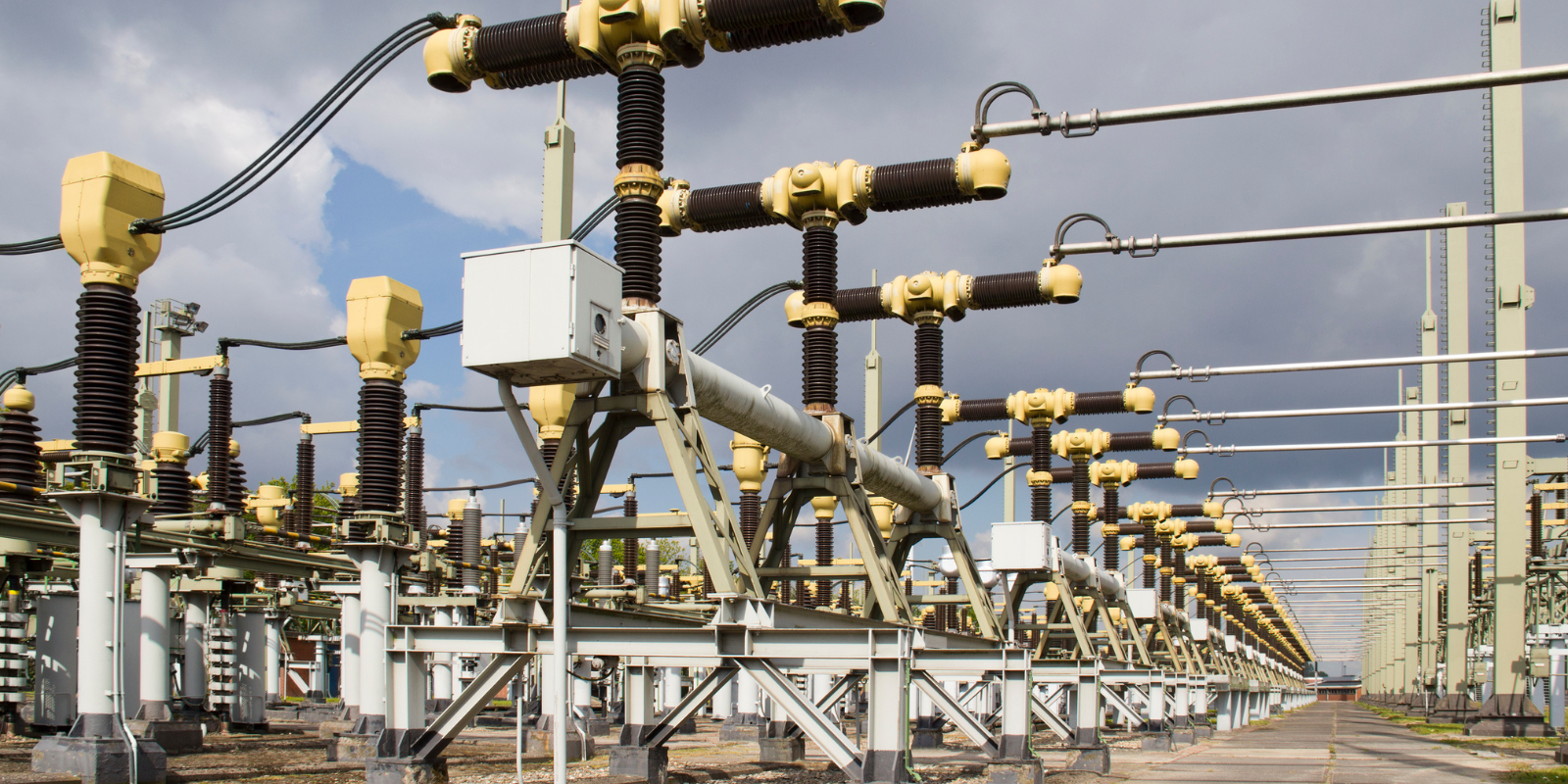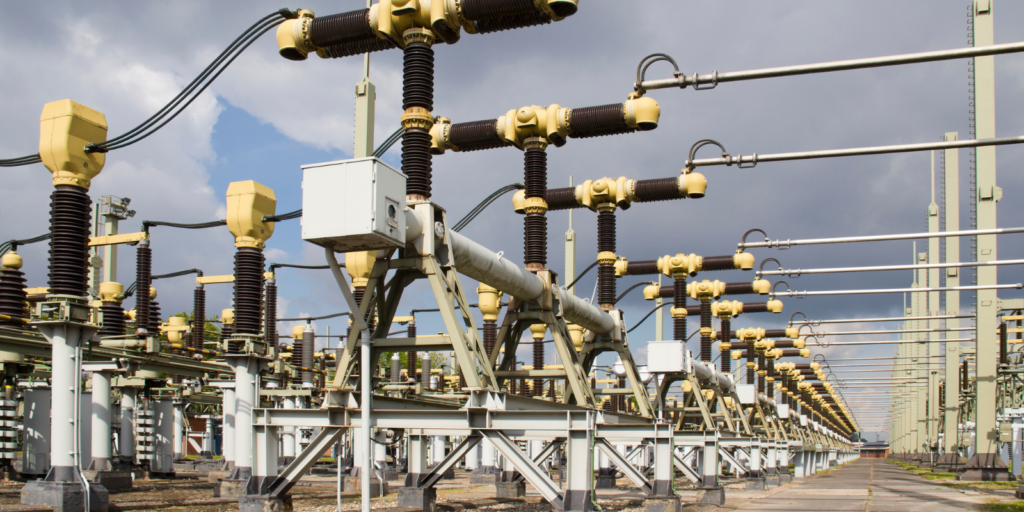
Top 10 Reasons Why Power Plants Need Dehumidifiers
Top 10 Reasons Why Power Plants Need Dehumidifiers
By: Brothers Equipment And Supply
Power plants play a crucial role in generating the electricity that powers our homes, industries, and cities.
Ensuring the smooth and efficient operation of these facilities is paramount, and one often overlooked yet vital aspect is humidity control.
Dehumidifiers emerge as unsung heroes in the power generation industry, offering a myriad of benefits that contribute to the overall performance, reliability, and longevity of power plants.
Let’s get right into it!
Top Benefits Of Dehumidifiers In Power Plants
Corrosion Prevention: Humidity is a silent adversary, promoting corrosion in metal components of power plants. Dehumidifiers help maintain optimal humidity levels, significantly reducing the risk of corrosion and extending the lifespan of crucial equipment.
Improved Efficiency: Humidity control enhances the efficiency of power plant machinery. Dry air allows turbines and generators to operate at peak performance, maximizing energy output and minimizing energy waste.
Reduced Downtime: Controlling humidity levels mitigates the impact of moisture on sensitive electrical components. This, in turn, minimizes the risk of electrical failures and downtime, ensuring a consistent and reliable power supply.
Enhanced Safety: Moisture in electrical systems can lead to short circuits and pose serious safety hazards. Dehumidifiers contribute to a safer working environment by reducing the risk of electrical malfunctions.
Optimized Cooling Systems: Dehumidifiers aid in maintaining the efficiency of cooling systems. By controlling humidity, these systems can operate more effectively, preventing the formation of condensation and ensuring proper heat dissipation.
Preservation of Insulation Materials: Moisture can compromise the insulation properties of materials used in power plants. Dehumidifiers protect insulation, maintaining its effectiveness and preventing energy losses.
Prevention of Mold and Mildew: Excess moisture can create an environment conducive to mold and mildew growth. Dehumidifiers help create a dry atmosphere, inhibiting the development of these harmful contaminants that could affect both equipment and personnel.
Improved Air Quality: Controlling humidity levels contributes to better air quality within power plants. This is particularly important for the health and well-being of plant workers and can lead to increased productivity.
Consistent Performance of Instruments: Instruments and control systems in power plants rely on precise measurements. Dehumidifiers maintain stable conditions, ensuring the accurate and reliable performance of these instruments.
Cost Savings: The prevention of corrosion, reduced downtime, and improved efficiency collectively result in significant cost savings for power plants. Dehumidifiers are a valuable investment that pays off in the long run.

Top 5 Most Common Dehumidifiers
Desiccant Dehumidifiers: Ideal for high-humidity environments, desiccant dehumidifiers use a desiccant material to absorb moisture from the air.
Refrigerative Dehumidifiers: Commonly used in various industries, these dehumidifiers cool the air to condense moisture, removing it from the air stream.
Absorption Dehumidifiers: Efficient in low-temperature conditions, absorption dehumidifiers use a liquid desiccant to absorb moisture.
Heat Pump Dehumidifiers: These dehumidifiers use a heat pump to condense moisture from the air, making them effective in a range of temperatures.
Ventilation Dehumidifiers: Designed to improve air circulation and remove excess moisture, ventilation dehumidifiers are often used in large industrial spaces.
FAQs
Why is humidity control important in power plants? Answer: Humidity control is crucial in power plants to prevent corrosion, improve efficiency, enhance safety, and ensure the reliable operation of equipment.
How do dehumidifiers prevent corrosion in power plants? Answer: Dehumidifiers maintain low humidity levels, preventing the conditions that lead to corrosion on metal components.
Can dehumidifiers help reduce electrical failures in power plants? Answer: Yes, by controlling humidity, dehumidifiers minimize the risk of electrical failures and contribute to the overall reliability of electrical systems.
What type of dehumidifier is suitable for high-humidity environments in power plants? Answer: Desiccant dehumidifiers are well-suited for high-humidity environments in power plants.
How do dehumidifiers contribute to cost savings in power plants? Answer: Dehumidifiers prevent corrosion, reduce downtime, and improve efficiency, leading to long-term cost savings in maintenance and operation.
Are dehumidifiers energy-efficient in power plants? Answer: Many modern dehumidifiers are designed to be energy-efficient, with advanced features such as variable speed fans and smart controls.
Can dehumidifiers be used in outdoor areas of power plants? Answer: Yes, some dehumidifiers are designed for outdoor use, providing humidity control in various environments.
Do dehumidifiers require regular maintenance in power plants? Answer: Yes, regular maintenance is essential to ensure the optimal performance of dehumidifiers in power plants. This may include cleaning filters and checking for any malfunctions.
Can dehumidifiers be used in conjunction with existing HVAC systems in power plants? Answer: Yes, dehumidifiers can complement HVAC systems, providing additional humidity control to enhance overall environmental conditions.
Are dehumidifiers energy-efficient in power plants? Answer: Many modern dehumidifiers are designed to be energy-efficient, with advanced features such as variable speed fans and smart controls. This helps optimize energy consumption while maintaining desired humidity levels.
Can dehumidifiers be used in outdoor areas of power plants? Answer: Yes, some dehumidifiers are designed for outdoor use, equipped to handle challenging environmental conditions. These outdoor units are essential for controlling humidity in open-air sections of power plants.
Do dehumidifiers require regular maintenance in power plants? Answer: Yes, regular maintenance is crucial for optimal dehumidifier performance in power plants. Routine tasks include cleaning or replacing filters, checking refrigerant levels, and inspecting coils. Timely maintenance ensures longevity and efficiency.
Can dehumidifiers be used in conjunction with existing HVAC systems in power plants? Answer: Absolutely. Dehumidifiers can be integrated into existing HVAC systems to enhance humidity control. This collaboration is particularly beneficial in large power plant facilities where HVAC systems alone may struggle to maintain optimal conditions.
What is the lifespan of a typical industrial dehumidifier? Answer: The lifespan of an industrial dehumidifier varies depending on factors such as usage, maintenance, and environmental conditions. With regular inspections, proper care, and timely component replacements, industrial dehumidifiers can last for many years.
Conclusion
In conclusion, the implementation of dehumidifiers in power plants is not merely an option but a necessity for maintaining operational efficiency, safeguarding equipment, and ensuring a reliable power supply.
The benefits, ranging from corrosion prevention to enhanced safety and cost savings, underscore the indispensable role of dehumidifiers in the power generation industry.
If you have any questions about our article, “Top 10 Reasons Why Power Plants Need Dehumidifiers” or need dehumidifiers for your power plant, feel free to contact us at sales@brothers-equipment.com or chat with us on LiveChat or social media.
